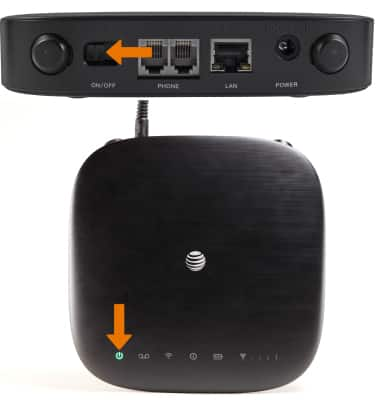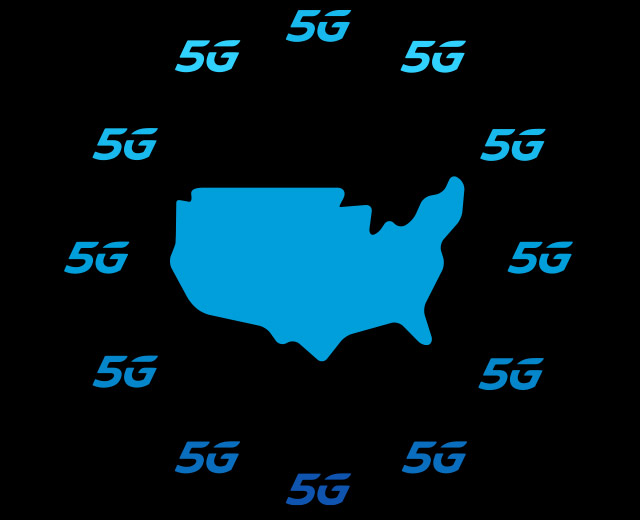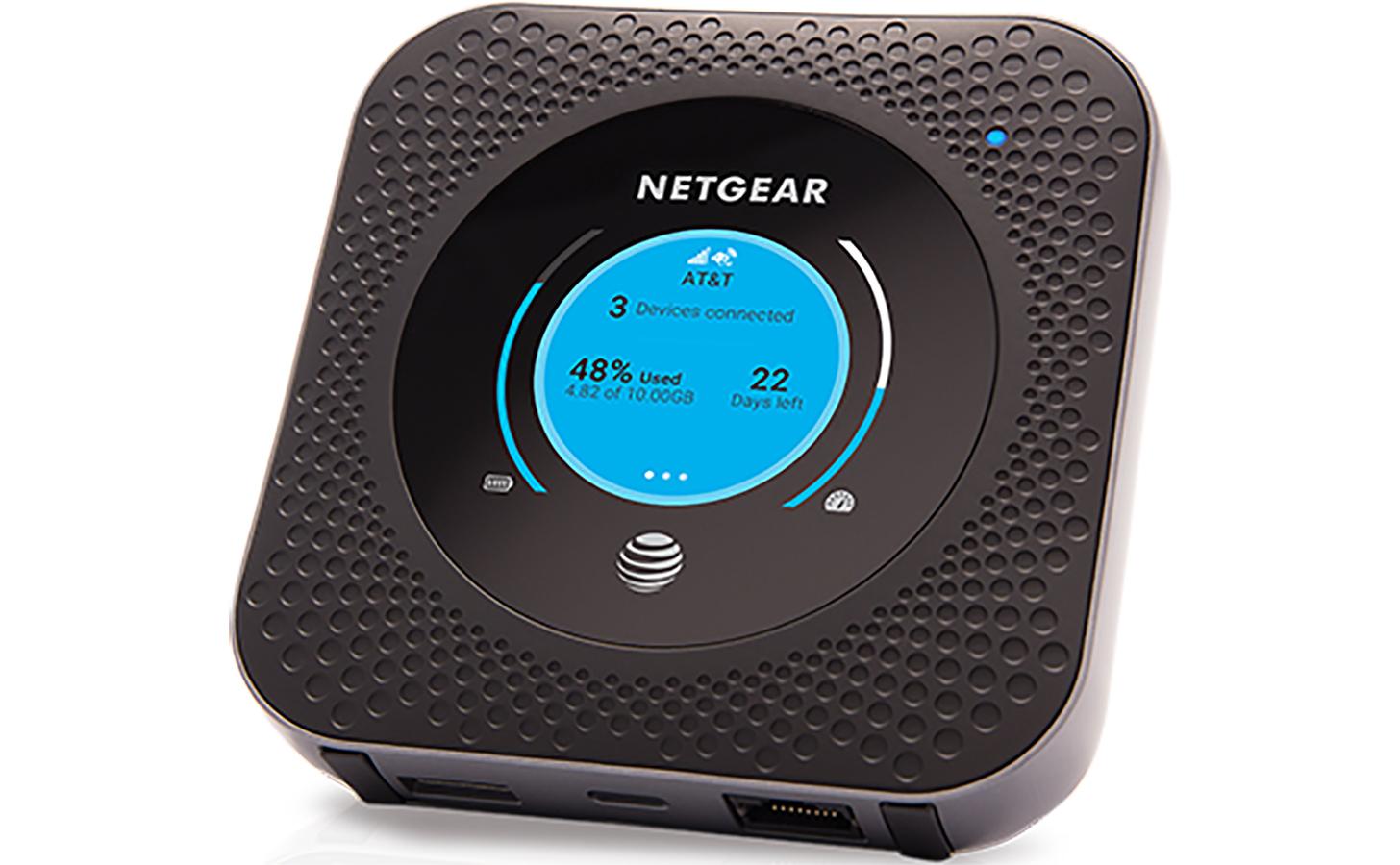
However, AT&T coverage is extensive and the company is looking to expand its coverage on a large scale. Network coverage is one of the people’s top considerations for switching between networks, and this is where T-Mobile beats the competition. But AT&T has an impressive network converge when it comes to rural areas. However, T-Mobile boasts the most comprehensive network with a great coverage in the city and the suburbs. – Both AT&T and T-Mobile are the leading wireless network providers in the United States. Throughout its history, the company’s technological innovations served as a standard for the world’s telephone industry. For most of the 20 th century, American Telephone and Telegraph Company (AT&T) was the largest corporation the world. AT&T is the second largest telecom company in the United States headquartered in Downtown Dallas, Texas. The company now serves over 76 million people. T-Mobile is a wholly-owned subsidiary of German telecommunications giant Deutsche Telekom. – T-Mobile is the third largest wireless network operator in the United States based out of Bellevue, Washington. In 2014, the company purchased the Mexican carrier Iusacell and the Mexican wireless business of NII Holdings, and combined the two to form AT&T Mexico.ĭifference between T-Mobile and AT&T Basics In the 2000s, AT&T expanded its international and domestic wireless streaming technology services. With an eye on more exciting industries such as the computer business, AT&T parted ways with its local operating companies. Deeming it a monopoly, the US Department of Justice broke AT&T in 1984. In 1899, after buying all the assets of the Bell Company, AT&T has become the parent company of the entire Bell system. In 1885, the National Bell Telephone Company (NBTC) established AT&T to provide the nation’s first long-distance network. The history of the company dates back to the Graham Bell’s invention of the telephone in 1876. Deutsche Telekom currently serves as the kit sponsor for FC Bayern Munich.Īmerican Telephone and Telegraph Company, or AT&T, is the second largest telecom company in the United States headquartered in Downtown Dallas, Texas. In 2001, T-Mobile USA had a unique network sharing agreement with the American mobile operator Cingular Wireless, which gave T-Mobile access to California and Nevada, which contain two of the top ten markets in the United States – Los Angeles and San Francisco. T-Mobile owns network operators in Germany (T-Mobile Deutschland), the US (T-Mobile USA), Great Britain (T-Mobile UK), Austria (T-Mobile Austria), and the Netherlands (T-Mobile Netherlands). T-Mobile is a wholly-owned subsidiary of German telecommunications giant Deutsche Telekom, which holds direct or indirect investments in mobile communications companies in Europe and the United States.


T-Mobile is the third largest wireless network operator in the United States based out of Bellevue, Washington. We present a head-to-head comparison of the two network carriers to see who the real winner is. AT&T and T-Mobile are the second and the third largest telecom operators in the United States. Mobile operators are the undisputed leaders and the key players of the telecommunications industry, with T-Mobile and AT&T leading the competition as the dominant mobile phone carriers in the United States. The telecom landscape has changed over the years that impacted the future structure of the industry. With the rise of equipment vendors like Samsung and Apple, cell phone operators continue to play a crucial role in bringing a new era to telecommunications. Telecom providers played an important role in the evolution of the industry. The maturation of the telecommunications industry over the years involved all aspects of the industry and the agents who played a part in forming it: the network carriers and the regulators.

The telephone went from a means of two-way connection to a system that facilitates people to communicate with each other throughout the world. Technological developments are one of the factors that played an important role in the telecommunications industry.


 0 kommentar(er)
0 kommentar(er)
